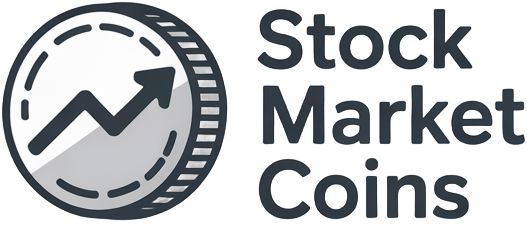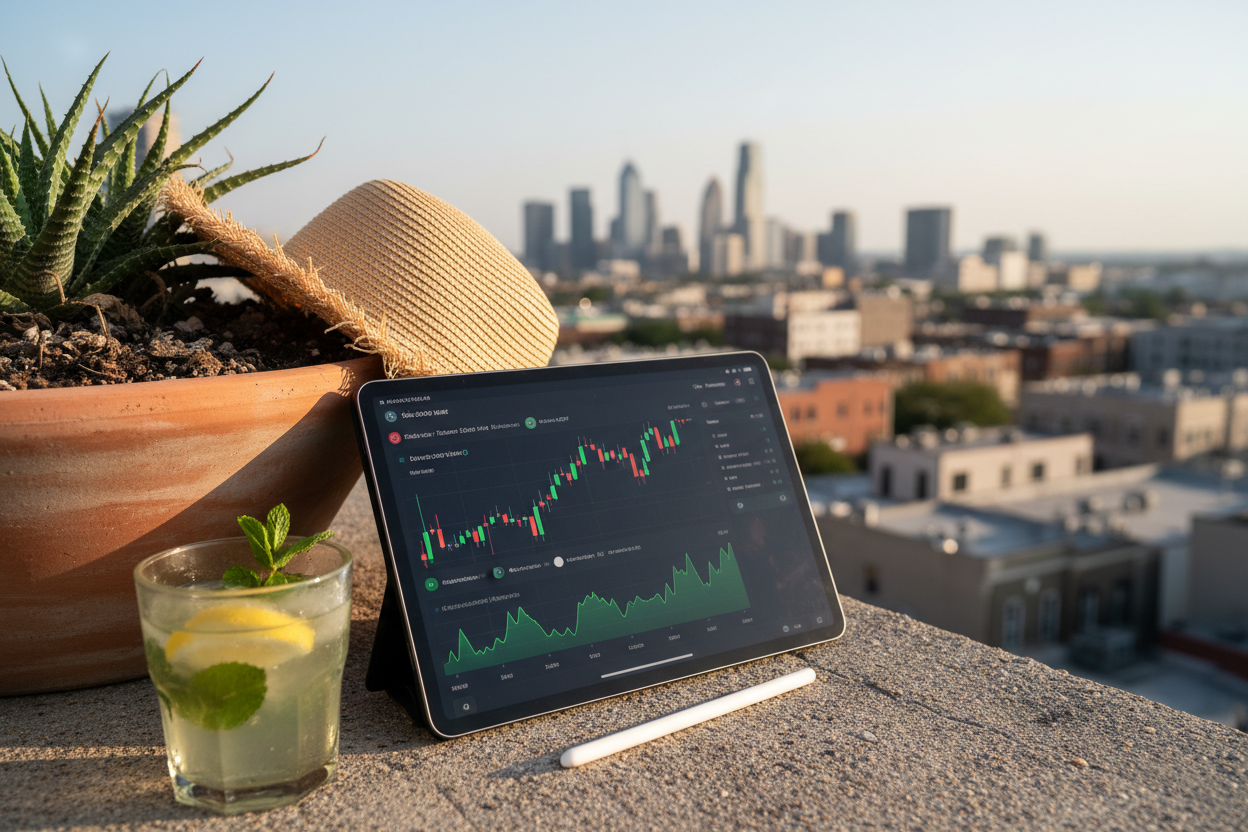How Exodus Tokenized SEC-Registered Shares on Algorand: A Case Study in On-Chain Equities
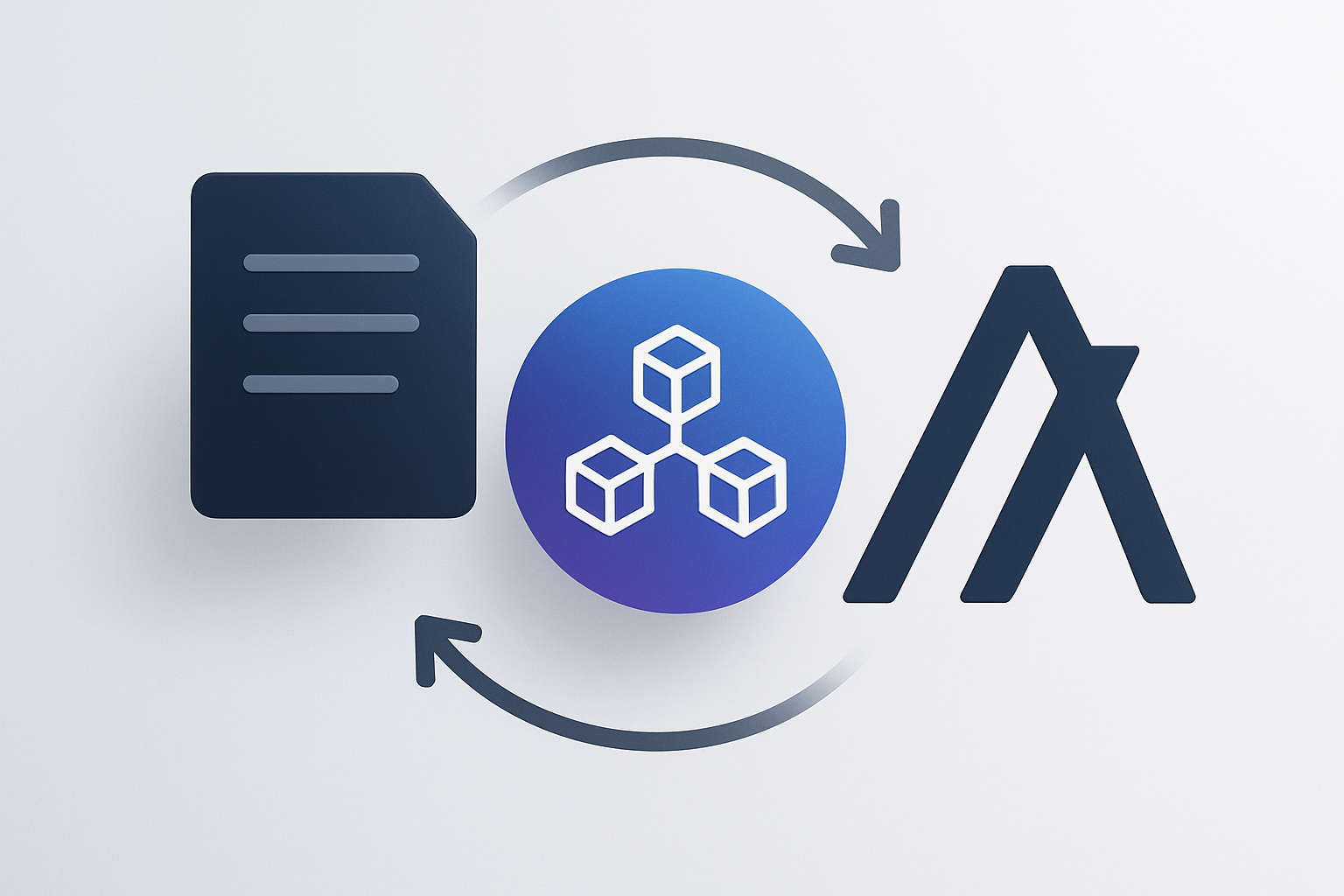
Tokenized equities have long been a theoretical promise in the world of blockchain finance. In 2021, Exodus Movement, Inc. made that future tangible by launching SEC-registered on-chain equities on the Algorand blockchain. This move not only put Exodus at the forefront of digital asset innovation but also set a precedent for how real equity tokenization can be executed in a fully compliant, investor-friendly manner.
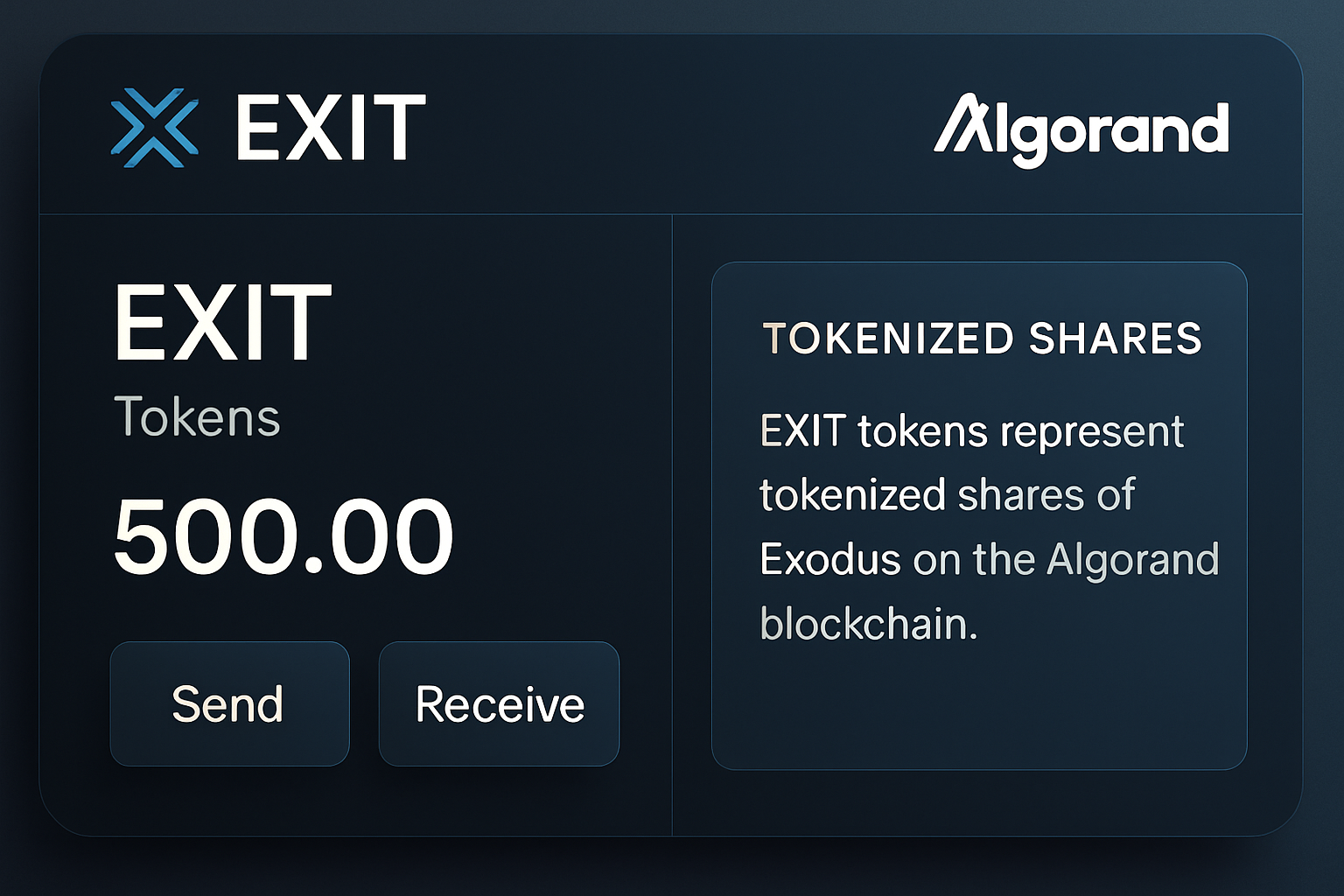
Why Exodus Chose to Tokenize Shares on Algorand
The decision to tokenize shares was driven by Exodus’ core mission: democratizing access to financial assets by leveraging blockchain technology. By making its Class A common stock available as Algorand tokenized stocks, Exodus sought to:
- Enable direct ownership for retail investors via familiar crypto wallets
- Reduce friction and settlement times compared to legacy systems
- Ensure regulatory compliance through SEC registration and transfer agent partnerships
In partnership with Securitize, an SEC-registered transfer agent, Exodus conducted a landmark Regulation A public offering. The company raised $75 million by selling over 2.7 million shares to more than 6,800 investors, with the unique twist of accepting Bitcoin, Ethereum, and USDT as payment options. This was more than just a nod to crypto culture – it was a fundamental reimagining of how capital formation could work in the digital age.
The Tokenization Process: From Paper Shares to EXIT Tokens
The heart of Exodus’ strategy lay in its technical execution. Each share of Class A common stock was represented as an EXIT token – an Algorand Standard Asset (ASA). This approach provided several advantages:
Key Benefits of Using Algorand for Tokenized Shares
-
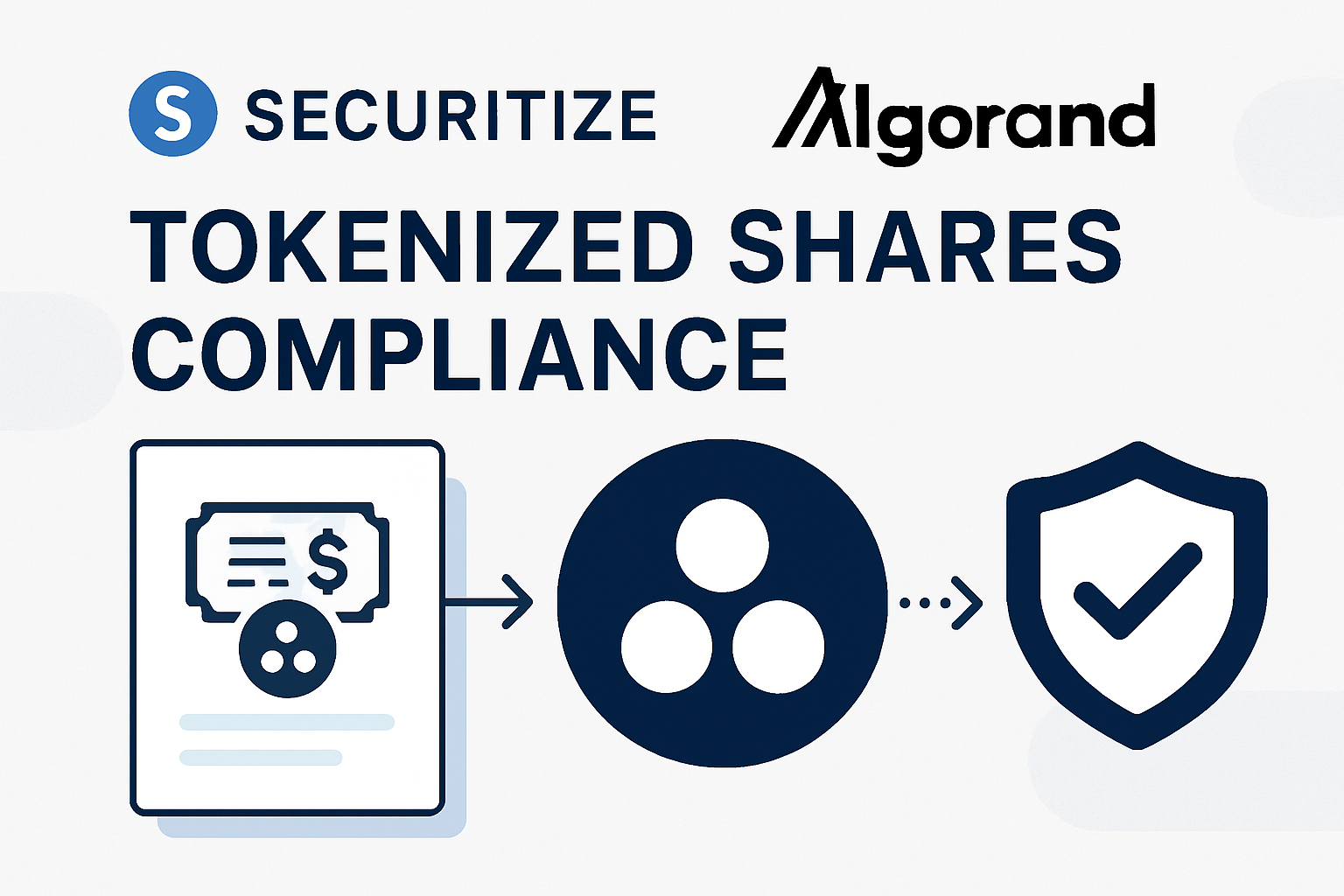
Regulatory Compliance via Securitize Integration: Algorand’s partnership with Securitize, an SEC-registered transfer agent, ensures that tokenized shares like Exodus’ EXIT tokens meet strict U.S. securities regulations, providing legal clarity and investor protection.
-
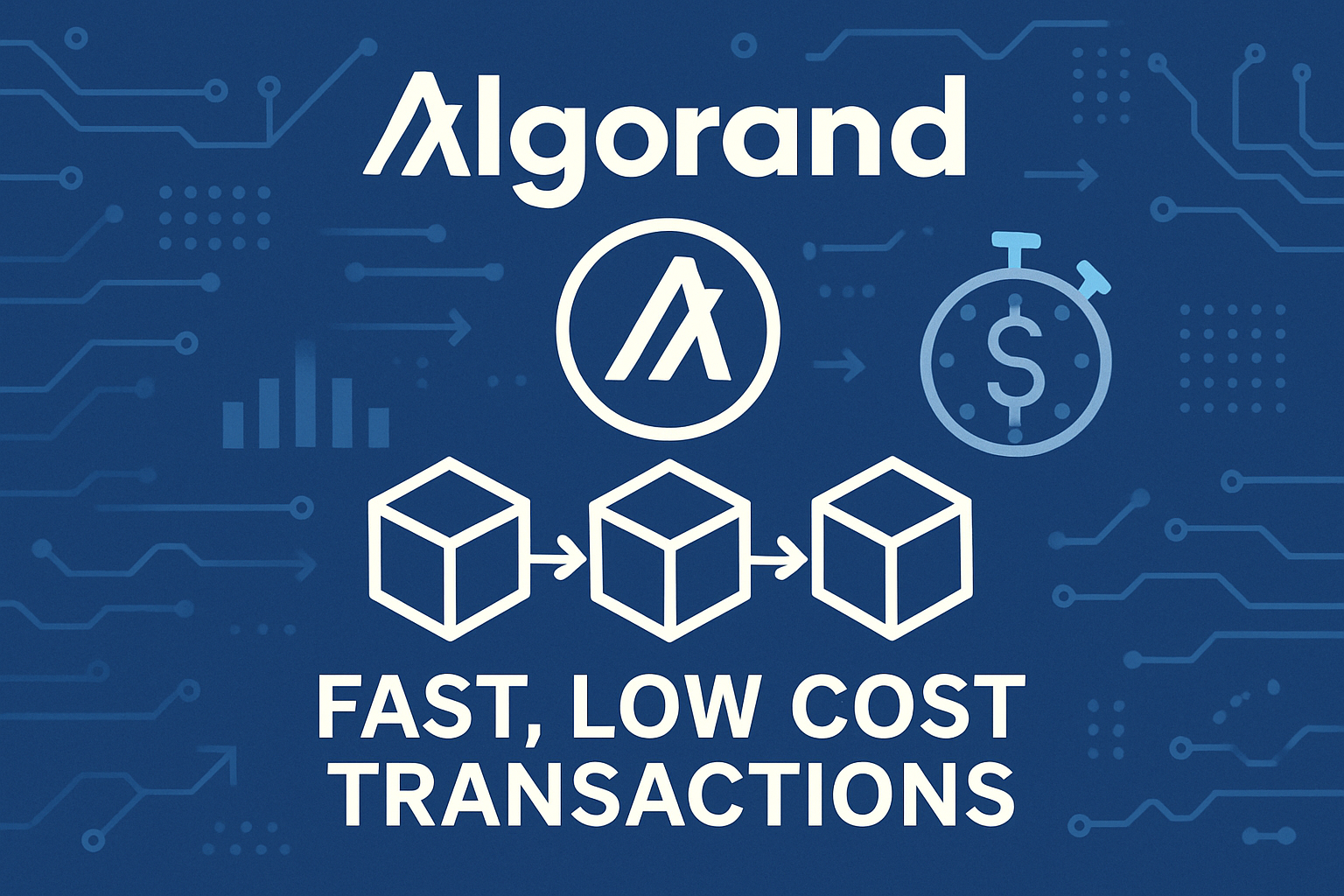
High Performance and Low Transaction Costs: Algorand’s blockchain is renowned for its fast transaction speeds and minimal fees, making it ideal for issuing and transferring tokenized equities efficiently at scale.
-
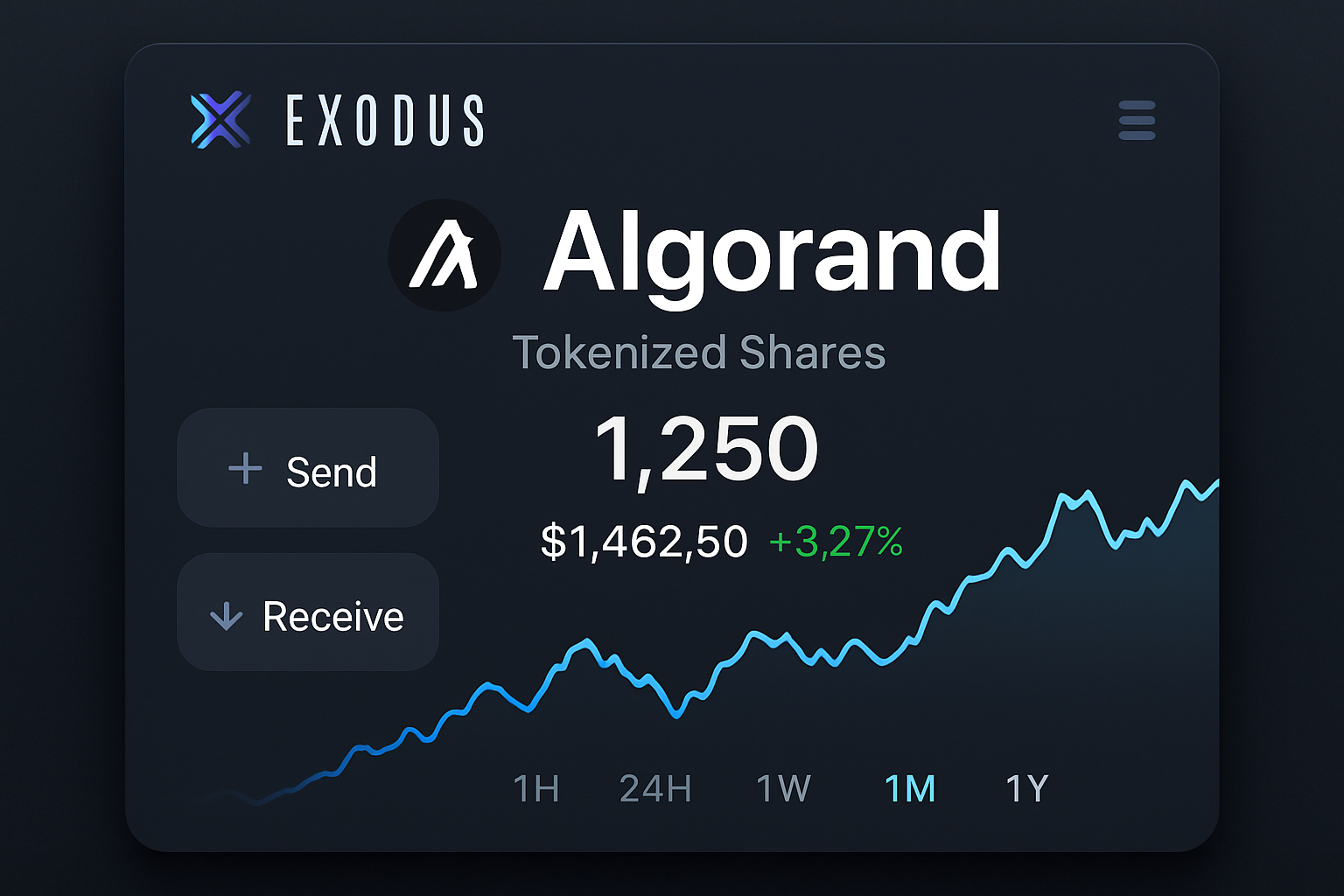
Seamless Wallet Integration: Investors can claim and manage EXIT tokens directly in the Exodus wallet, leveraging Algorand’s user-friendly asset standard (ASA) for a smooth and intuitive digital securities experience.
-
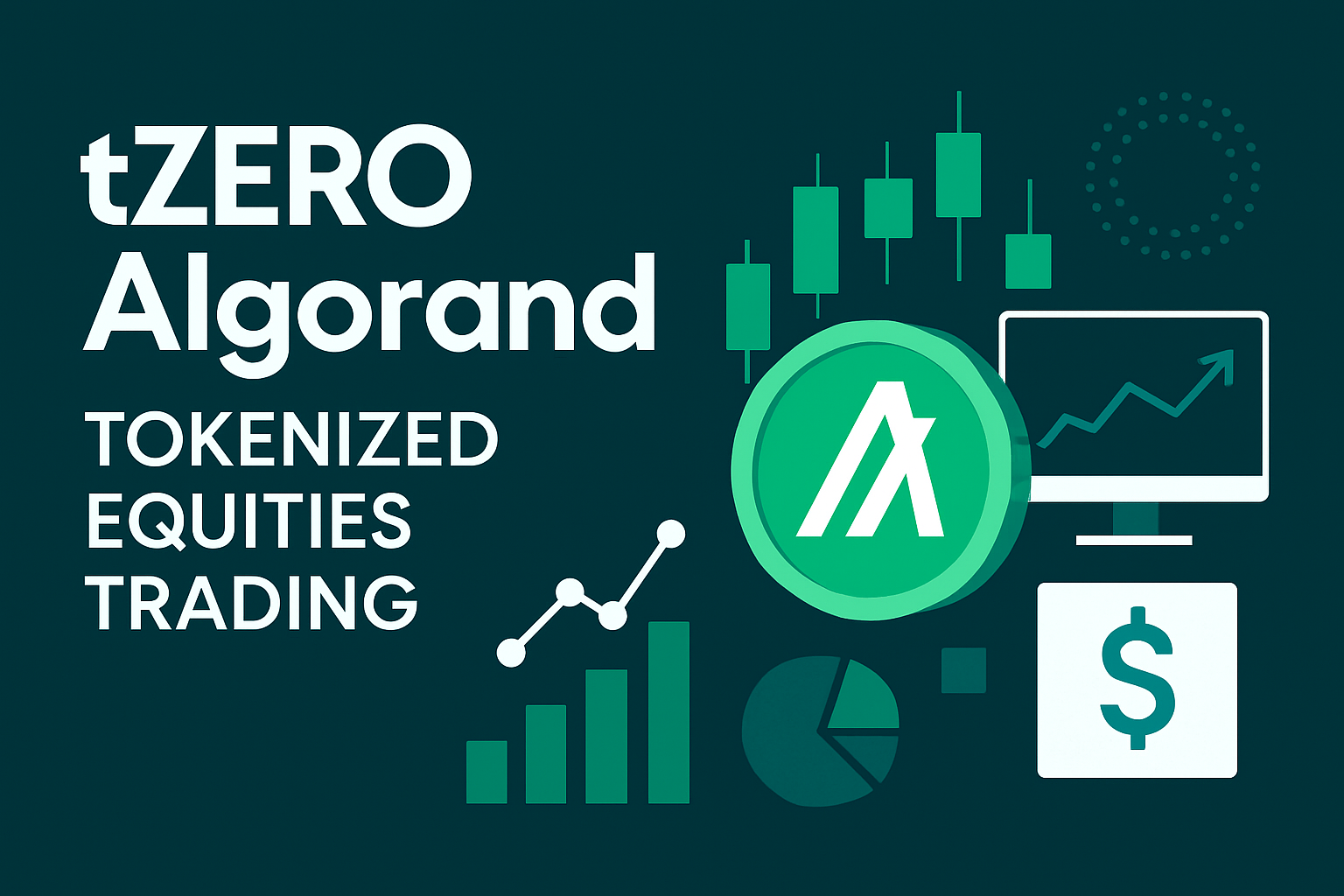
Enhanced Liquidity through Regulated Trading Platforms: Algorand-based EXIT tokens are tradable on regulated secondary markets like tZERO, enabling compliant, transparent, and accessible trading of tokenized public company shares.
-
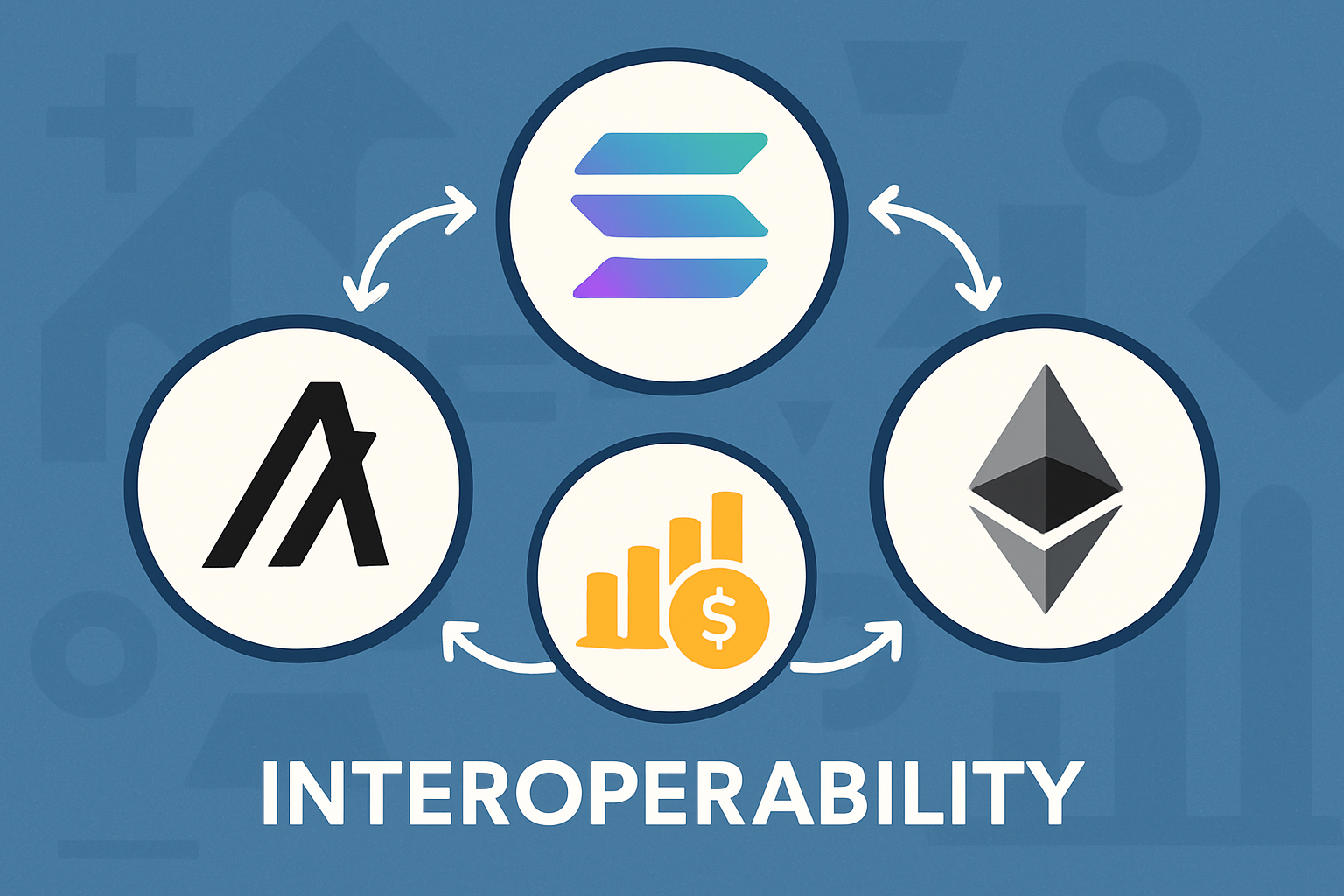
Interoperability and Future-Proofing: Algorand’s open standards and compatibility facilitate cross-chain expansion, as seen in Exodus’ plans to extend tokenized shares to Solana and Ethereum, enhancing accessibility and ecosystem growth.
Securitize played a pivotal role as both transfer agent and compliance gatekeeper. By maintaining precise records of ownership and ensuring all regulatory obligations were met, Securitize gave institutional and retail investors alike confidence that these were not just synthetic representations but real equity tokenization.
The user experience was equally forward-thinking. EXIT token holders could claim and manage their shares directly within the Exodus wallet interface – no third-party custodians or arcane paperwork required. The seamless integration between wallet and equity positions is what made this project truly disruptive compared to traditional stock ownership models.
Liquidity and Secondary Trading: EXIT Tokens Enter Regulated Markets
One of the persistent criticisms of early tokenized securities was their lack of liquidity and trading venues. Exodus addressed this head-on by listing EXIT tokens on tZERO, a regulated alternative trading system (ATS). This allowed investors to trade their tokenized public company shares in a transparent and compliant environment – bridging the gap between blockchain-native assets and established capital markets.
This integration with tZERO also highlighted another advantage: by using Algorand’s efficient and low-cost infrastructure (with ALGO currently trading at $0.2203), transactions could be settled rapidly and economically compared to legacy stock transfers.
Paving the Way for Multi-Chain Equity Tokens
The success of EXIT tokens on Algorand was only the beginning for Exodus. In August 2025, the company announced plans to expand its tokenized shares to other major blockchains such as Solana and Ethereum, partnering with Superstate’s Opening Bell platform for broader reach and interoperability. This evolution positions Exodus as an early leader in cross-chain real equity tokenization, offering investors more flexibility and access across diverse ecosystems.
For investors, the implications are profound. The ability to hold SEC-registered on-chain equities across multiple blockchains is not just a technical milestone; it signals a shift in how ownership, transferability, and market access are fundamentally understood. Exodus’ approach demonstrates that regulatory compliance and blockchain innovation are not mutually exclusive. By embedding KYC/AML processes and partnering with SEC-registered entities like Securitize and Superstate, Exodus ensures that EXIT tokens remain legally robust as they move across platforms.
Market participants have responded favorably to these advancements. The integration of EXIT tokens within the Exodus wallet ecosystem offers an intuitive, self-custodial experience that appeals to both crypto-native users and traditional equity investors exploring blockchain for the first time. This convergence is particularly relevant as tokenized asset adoption accelerates globally, with institutional players seeking compliant, blockchain-based exposure to real-world assets.
How Exodus’ Tokenization Model Redefines Equity Markets
Exodus’ model sets a new benchmark for blockchain stock compliance. By anchoring tokenized shares to SEC-registered equity and leveraging Algorand’s secure infrastructure, the company provides a template for other public companies considering similar moves. The process is transparent: investors can audit their holdings on-chain, transfers are near-instantaneous, and settlement risk is minimized. This level of visibility and efficiency is simply not possible in legacy equity markets.
Furthermore, the multi-chain expansion signals a future where tokenized stocks are not siloed on a single blockchain but can flow seamlessly between networks based on user preference or liquidity needs. Exodus’ collaboration with Superstate’s Opening Bell platform is a case in point, enabling broader distribution and secondary trading options that will likely attract more issuers and investors to the space.
Key Advantages of SEC-Registered Tokenized Shares
-
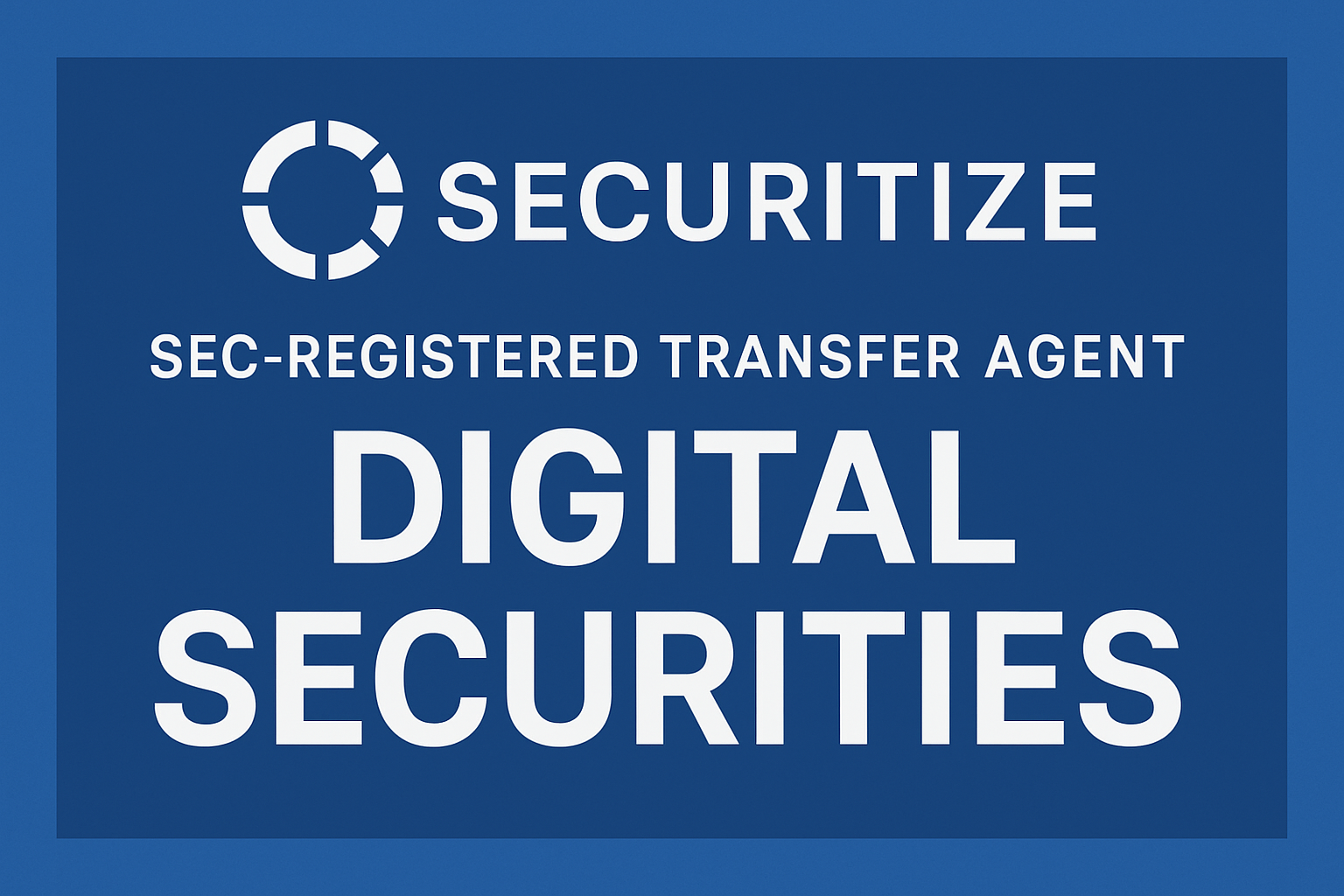
Enhanced Regulatory Compliance: Tokenized shares like Exodus’ EXIT tokens are issued via SEC-registered transfer agents such as Securitize, ensuring full adherence to U.S. securities laws and providing investor protections not found in many unregistered digital assets.
-
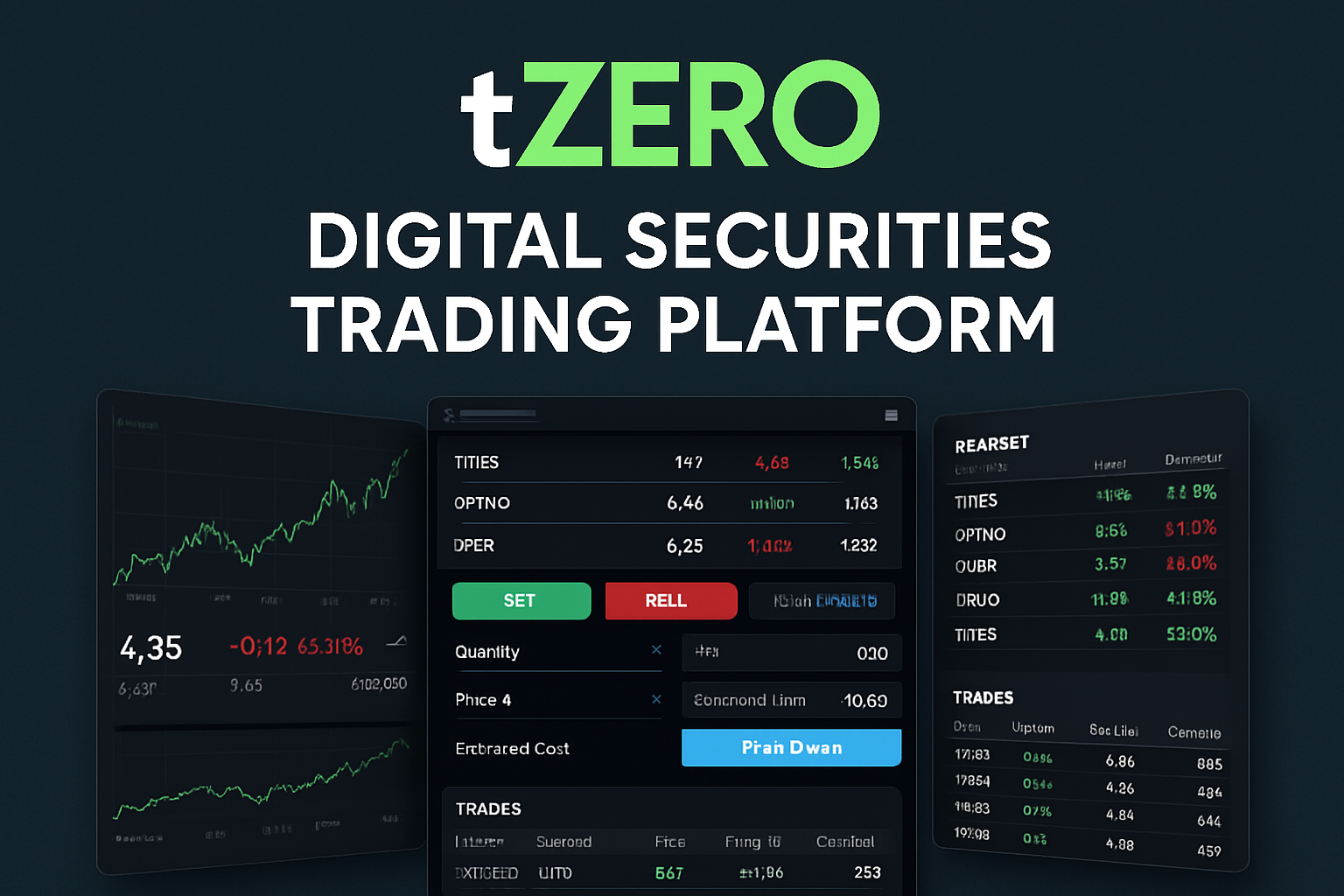
Increased Liquidity Through Regulated Trading: SEC-registered tokenized shares can be listed on regulated secondary trading platforms like tZERO, enabling compliant peer-to-peer trading and potentially greater liquidity compared to traditional equities restricted to legacy exchanges.
-
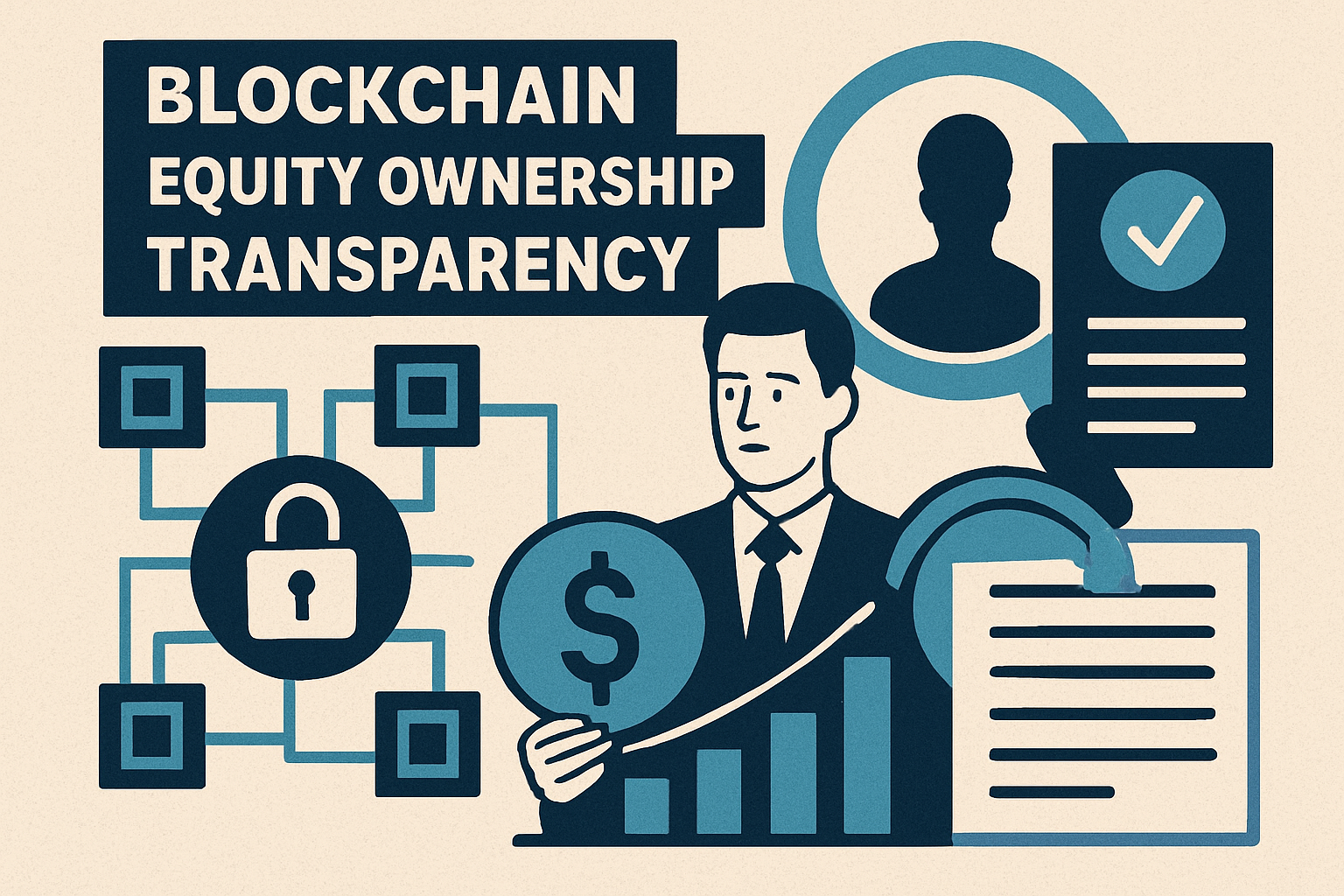
Direct Ownership and Transparency: Blockchain-based tokenization enables real-time, immutable records of share ownership, giving investors transparent access to their holdings and reducing reliance on intermediaries.
-
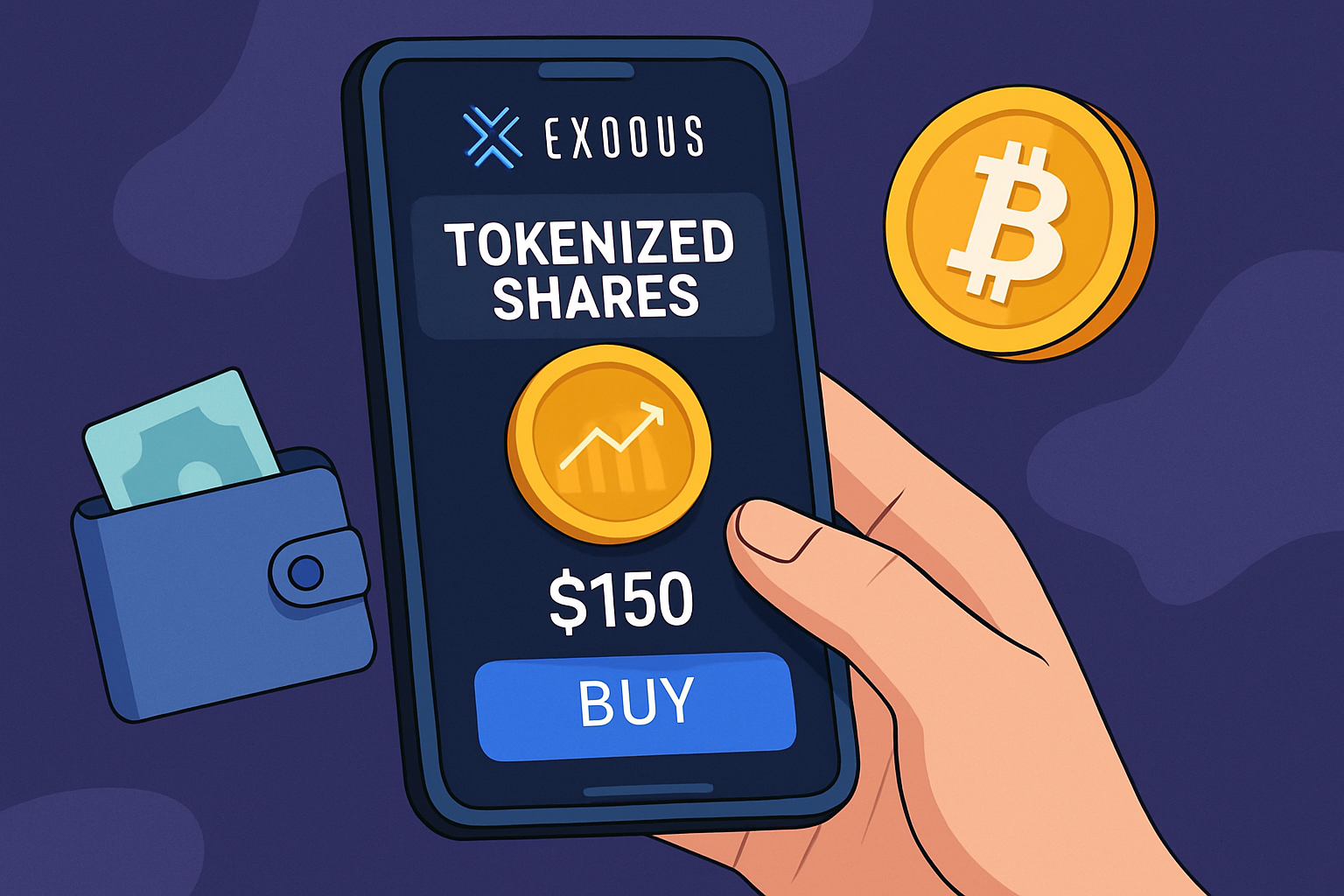
Broader Accessibility for Retail Investors: Platforms like Exodus allow investors to purchase tokenized shares using cryptocurrencies (e.g., Bitcoin, Ethereum, USDT), lowering barriers to entry and expanding participation beyond traditional brokerage accounts.
-
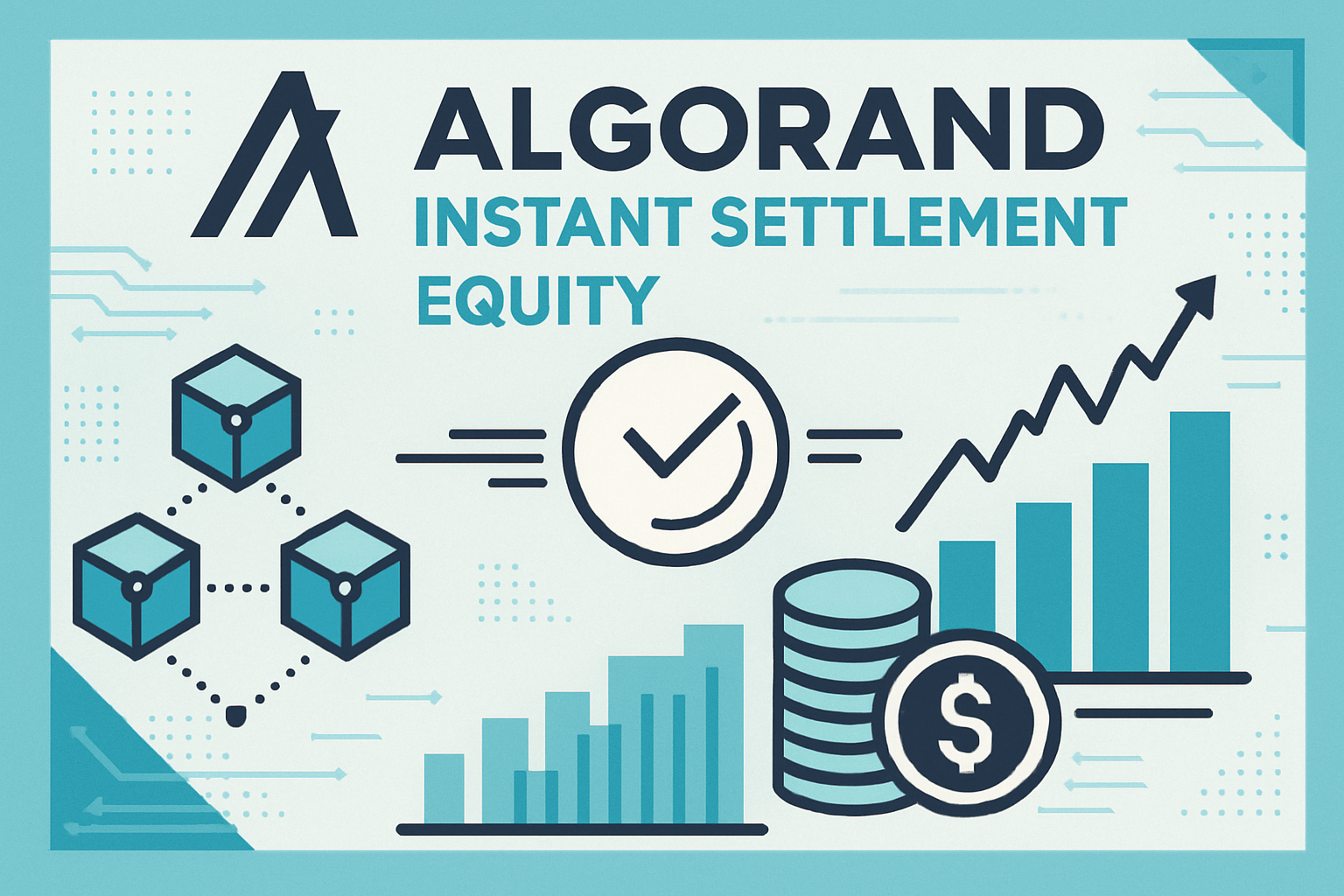
Faster Settlement and Reduced Costs: On-chain equity transactions settle nearly instantly on blockchains like Algorand, cutting out lengthy settlement periods and reducing administrative costs compared to traditional equity systems.
-
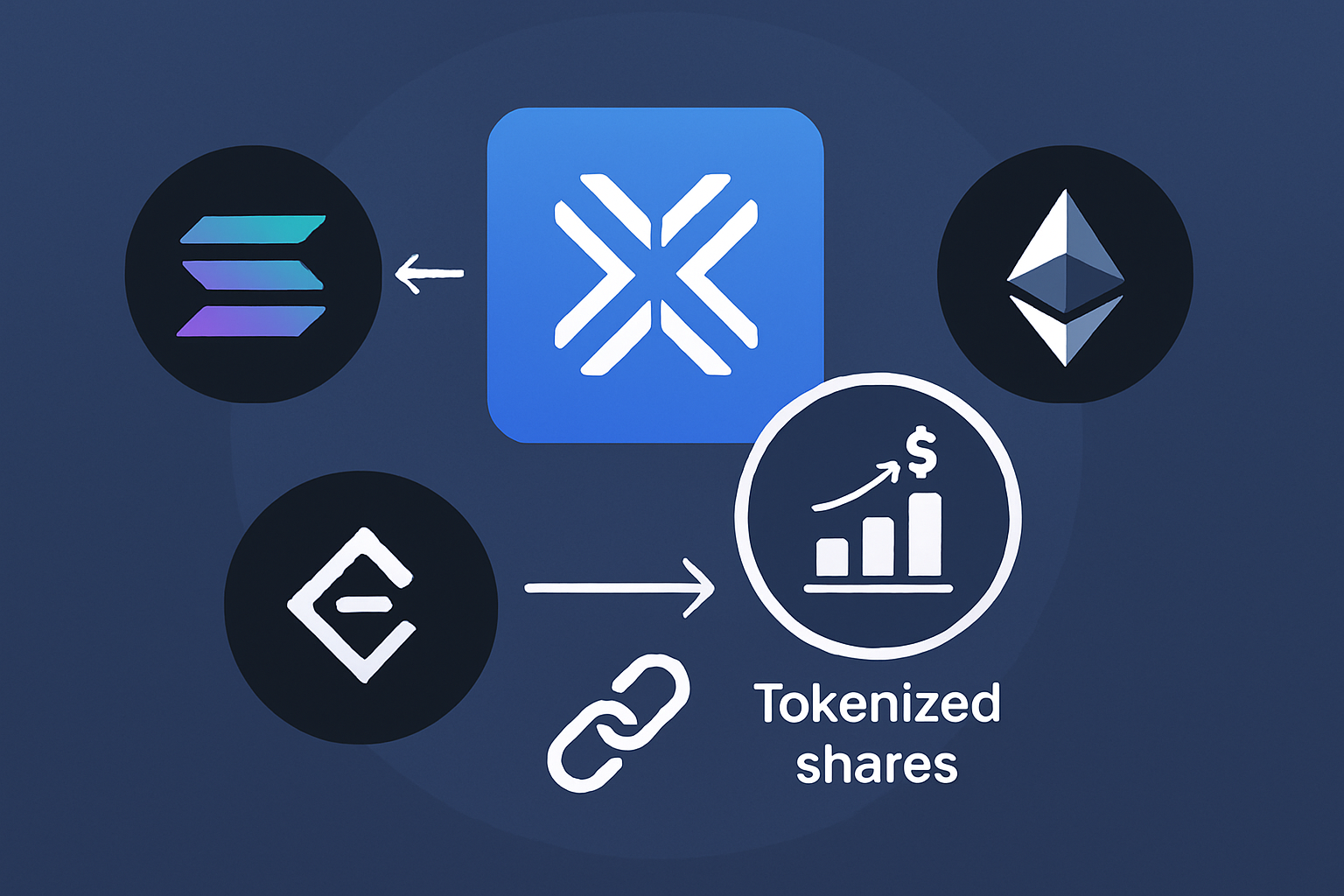
Interoperability Across Blockchains: With expansions to Solana and Ethereum via Superstate’s Opening Bell platform, tokenized shares gain flexibility and cross-chain accessibility, allowing investors to manage their assets on their preferred blockchain ecosystem.
For those tracking the intersection of digital assets and regulated finance, Exodus’ journey is instructive. It illustrates how thoughtful partnerships, Securitize for transfer agency, Superstate for multi-chain expansion, Algorand for technical infrastructure, can deliver a product that meets stringent legal standards while unlocking new efficiencies and investor experiences.
As of October 2025, Algorand (ALGO) continues to underpin this ecosystem, trading at $0.2203 according to the latest market data. While price is only one facet of network health, Algorand’s stability and low transaction costs remain critical factors in the operational success of tokenized equities like EXIT.
Looking ahead, the Exodus case study will likely be referenced by both regulators and innovators as a milestone in the evolution of tokenized public company shares. As more issuers follow suit, expect to see further refinement in investor protections, liquidity mechanisms, and cross-chain interoperability, all essential ingredients for mainstream adoption of on-chain stocks.
